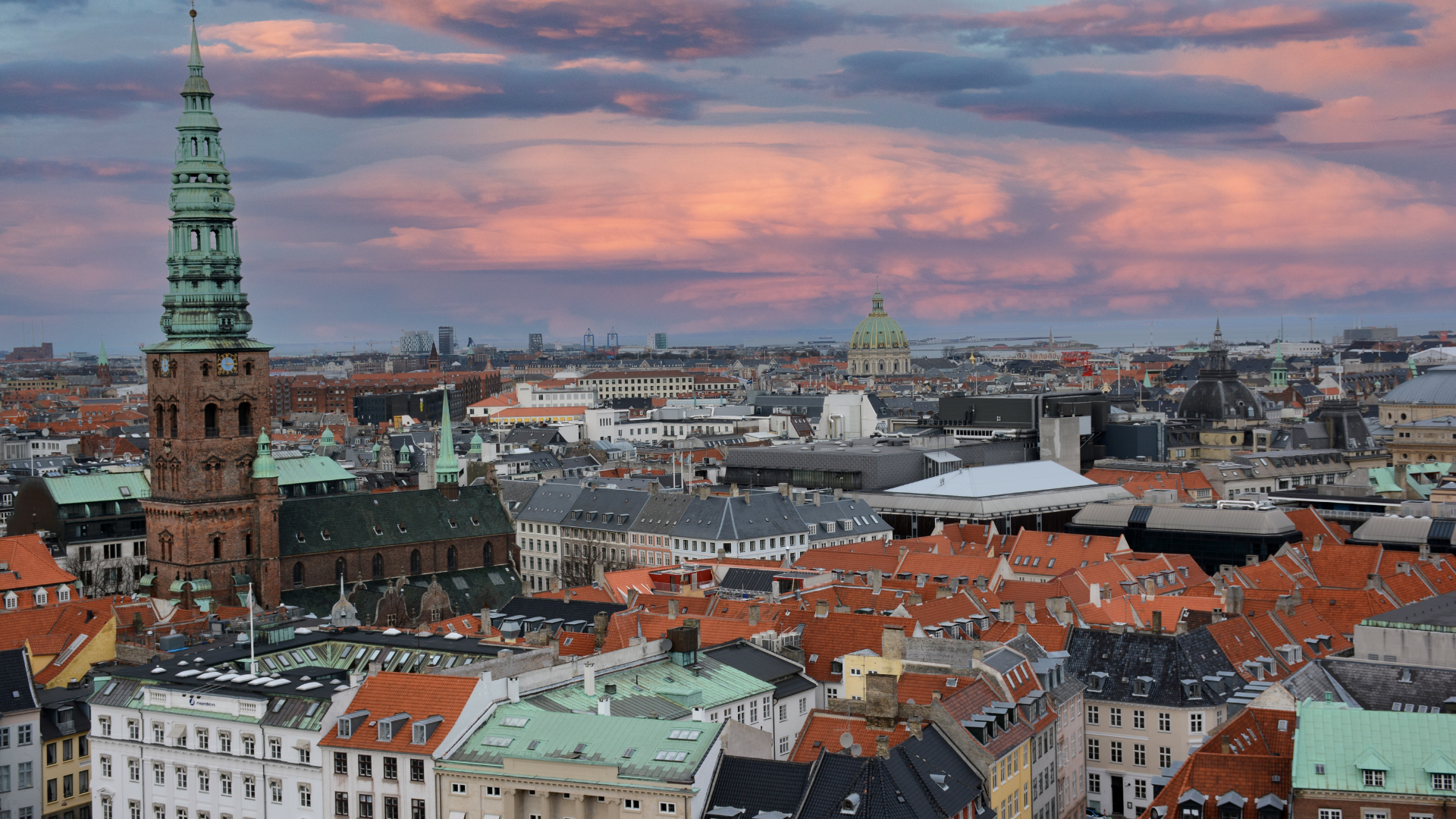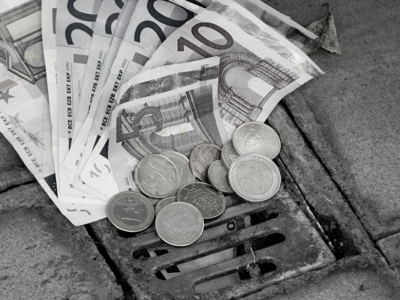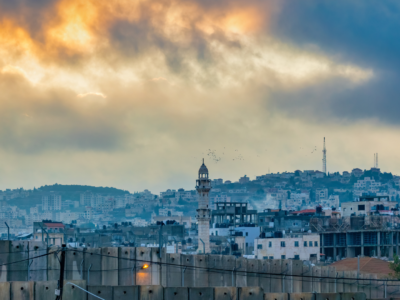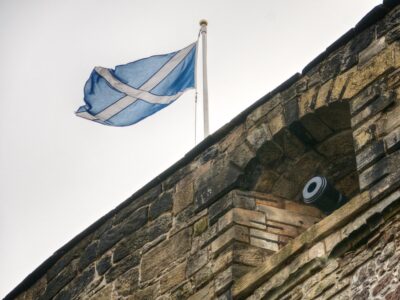Denmark: the new soft-hard diplomacy

12/02/2023
With the hardening of geopolitics in Europe, and above all, since the start of the Ukraine war, it is becoming increasingly clear that there is a twist in the way the hard side of foreign policy combines with the soft version of diplomacy and international relations. In fact, after the Second World War, from the moment Eisenhower devised public diplomacy to counter communist propaganda and gain influence in the world with soft tools, all countries juggle between both ends of the rod: hard geopolitics at one end, and diplomacy at the other, based on the civilizing graces that a people may, a priori, offer others; waging war to win and secure specific interests while showing an outstretched hand to supposedly contribute to making a better world through dialogue, trade, tourism or cultural exchange.
Denmark is one of the countries that in the decades bridging the 20th and the 21st centuries has been able to navigate between the two extremes most effectively, and without doubt most credibly. This is so, in part, because they devised – not in words but in deeds – a culture of egalitarianism, of social rights, of solidarity between free individuals and turned it into a new identity and a new way of projecting themselves throughout the world. That is the difference with the US Information Agency that the Americans instituted in the 50s. In the Danish case, it was not a question of defending the empire and fighting the enemy through a very well-directed apparatus of new propaganda, but of reinventing themselves from the ground up. Precisely because the Danish empire had slipped through their fingers, they needed to define who they were and where they wanted to go, and from there, establish a creative relationship with the world. You might say that the Danes started to create their own soft power a century before Joseph Nye theorized on the subject in the 1990s, so when the fashion for public diplomacy arrived, they had already done their homework.
It is true that between the beginnings of the rural cooperatives and the popularization of Grundtvig’s folkelighed (which we can translate as “political commitment” or “commitment with the community”), and on to the embryo of the Welfare State at the beginning of the 20th century, there is a long journey. But precisely this thread that goes from overcoming the defeat of 1864 against the Prussian and Austrian forces by building an identity based on soft values up to today’s social democracy, is what explains why Danish public diplomacy has a more genuine and less cynical basis than that of other European and Western countries in general. Their reinvention of enlightened values is not just a statement of intent; it has a practical anchor, and if there is anyone who believes in the founding principles of the EU – beginning by keeping their own backyard in a decent state, which is the origin of all unimposed cosmopolitanism – it is the Danes.
To understand the shifts taking place in governments and chancelleries when it comes to regulating the communicating vessels that until now have always by definition been the projection of soft-power and the exercise of hard geopolitics, we will study which initiatives Denmark has traditionally based its public diplomacy on, and which new initiatives it seems to be pivoting towards. We can divide them into two groups: the first includes the tools that place the country at the top of all the rankings regarding civility, democracy, openness, and social justice in Western societies and that serve to compensate ‒ if only at a symbolic level‒ the hard geopolitical actions that can be carried out in parallel. The second includes initiatives that subvert this idea of compensation because they are soft and hard projects at once. The same action includes, paradoxically, both sides of the coin.
Let us focus first on the traditional tools of Danish soft power. For decades, Denmark has been at the forefront of initiatives that mean to strengthen horizontal ties between countries, championed throughout the world by the international institutions that emerged after the Second World War with the aim of fighting poverty and hunger, helping the displaced, or combating climate change. Copenhagen hosts UN City, one of the United Nation’s most important sites in the world, with two thousand employees and twelve agencies: eleven represent the Scandinavian region, and the twelfth is the European headquarters of the World Health Organization. It is logical that such a non-hierarchical society, where citizens identify with the commitment to public affairs – due to their century-long tradition and their more porous conception of power – welcomes these institutions with a vocation of cosmopolitan service.
All this dovetails perfectly with the Danish way of life we all have in our heads, and which is no cliché: almost 70% of their energy is already obtained from renewable sources; the cities are clean and green and have peaceful centers, Copenhagen is the world bicycle capital (in dispute with Amsterdam) ‒and this was the case long before the soft propaganda was launched —to which we are now become so accustomed— which is even able to sell that Barcelona is one of the most cycle-friendly cities in the world. Long before the demagogic slogan “This lane fights climate change“ appeared on Copenhagen’s bike lanesas they have started to do‒Copenhagen was already a living model to follow, without the need for so much rhetoric.
It is no coincidence that it lies third in the world ranking regarding the degree to which the United Nations Sustainable Development Goals are being achieved. Nor that, according to the World Bank, it is the most suitable country in all of Europe to do business ‒and in general, to live in. Governments, cultural institutions, and tourist agencies take all this data, package it, put a bow on it, and promote it in marketing operations that politicians, ambassadors, and representatives of civil and business society then take advantage of to present their country as one of the most civilized in the West: the country of hygge (or “the cozy atmosphere”), well-being and transparency. In this last area, Denmark breaks all records year after year, even if only on paper.
Perhaps precisely because it is not just a question of paper, as a counterpoint to the ever-ascending trajectory of its soft power ‒ not the product of inflation, as in the American case, but of a solid and real base‒ in recent years the Danes have been chilling the effects of a philanthropic and cosmopolitan vocation that had converted them by the end of the 20th century into a country with a reputation for being open and generous with refugees. The migration crisis of 2015 placed the question of the viability of the welfare state in the spotlight – the crown jewel by which all the facets of the image that Denmark offers the world – and the notion that it was in danger began to circulate. Although some parties opposed it and the issue caused a stir, at the moment of truth that same year, the parliament passed the so-called “jewelry law”, which symbolically marked the beginning of an increasingly restrictive immigration policy.
In this sense, today Denmark is at a turning point, and this is where we have to talk about the second group of initiatives of soft power, which coincides in time with the hardening of geopolitics ‒it is no coincidence that the Danish state is the world’s seventh biggest donor of weapons to Ukraine. In fact, this second group of initiatives is still a variant of public diplomacy based on issues of green energy and good governance. Still, as a bargaining chip to carry out and at the same time justify tough geopolitical action: the Danish government has closed an agreement with Rwanda to open a refugee camp there. The goal, if the project comes to fruition, is to send all refugees who arrive in Denmark there while their asylum application is being resolved. As a counterpart to this “subcontracting” of the African country to take care of its migrants, last September the Danish foreign minister presented a plan in Kagali to invest 10 million euros in energy transition and anti-corruption projects there.
The novelty here is that the relationship between the two ends of the game of pulleys on which all foreign policy is based is no longer that of communicating vessels but of symbiosis: the same action has both aspects, the positive eco-friendly one and the hard one, shielding and closing borders. That Rwanda is a country with serious challenges regarding democracy, freedom of expression and human rights is no secret; you only need to see the place it occupies in the International Transparency index or in the ranking that The Economist draws up on democratic quality. Depositing all these millions of euros in the hands of the same representatives who are involved in the bad governance of the country, with the aim that they fight against (their) corruption and advance in green energy issues ‒ while behind the scenes you ask them for a favor‒ implies raising the level of cynicism that is already implicit in public diplomacy by nature.
If anyone can afford it, however, it is precisely Denmark, because no one can deny the legitimacy they have as a student who not only pretends that he pays attention but always gets good results. That other classmates do not make good use of their notes is another matter. Coinciding with the change of government, however, the Danish foreign and immigration ministers have announced that they are putting talks with Rwanda on stand-by because several countries in the European Union are now considering doing the same as Denmark, and will look to coordinate to go together. It is possible, therefore, that the first in the class ends up dragging the others by means of a rhetoric that they have mastered to perfection – they know what they are talking about – and that the others, who in practice are always lame, need to ride some increasingly hard times in front of a public opinion still too accustomed to decades of histrionic discourse and rhetoric, replete with great Western values and good intentions.
The case of Denmark, how it is forging new links between hard geopolitics and soft power in a paradoxical symbiosis, is a symptom of a certain degree of pivoting or of a further spiral in the decomposition of the world that arose from the Second World War and that has dominated the way in which, since ‘back then, we conceived international relations in the West. The world has hardened, especially since the war in Ukraine, and it is reaching the limit of stretching the moral discourses that, with the collapse of the USSR and its great narrative, European social democracy inherited from the propagandistic and inflationary dynamics created during the Cold War.
Big words and soft speeches are increasingly difficult to hold together on the basis of a reality that requires ever tougher policies, so it makes sense for countries like Denmark to break new ground. Nor is it to remind us that cosmopolitanism begins at home and that there are times that require shielding it from the inside to do what is necessary, or what can be done, from the outside.
Diana Coromines, has lead projects for the Scandinavian region at the Public Diplomacy Council of Catalonia and public affairs technician for the Delegation of the Generalitat in Denmark and the Nordic countries. She currently teaches a military vocation course and is a member of Transparency International Denmark.
The opinions expressed in this publication are those of the authors. They do not purport to reflect the opinions or views of the CGI or its contributors. The designations employed in this publication and the presentation of material therein do not imply the expression of any opinion whatsoever on the part of the CGI concerning the legal status of any country, area or territory or of its authorities, or concerning the delimitation of its frontiers.


